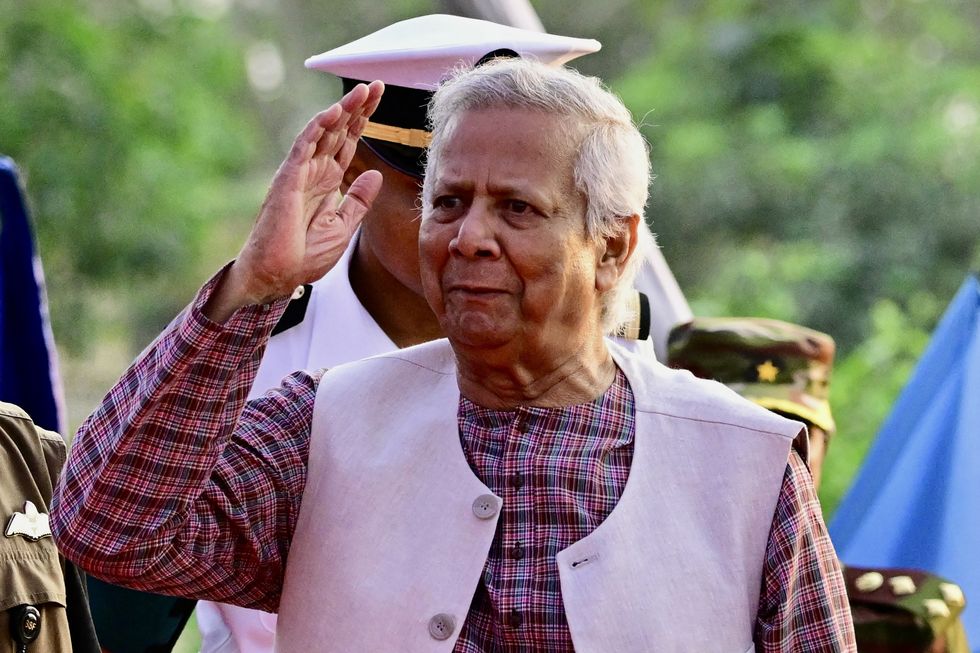INDIA and Sri Lanka signed defence and energy agreements on Saturday during prime minister Narendra Modi’s visit to Colombo, aimed at strengthening ties between the two neighbours.
The agreements come amid New Delhi’s concerns over China’s growing influence in the region.
Sri Lankan president Anura Kumara Dissanayake welcomed Modi with a ceremonial reception and presented him with the country’s highest civilian honour, citing "the deep personal friendship" shown to Sri Lanka.
“We believe that our security interests are aligned,” Modi said during a televised ceremony at the presidential office in Colombo. “Our security is interdependent and interconnected.”
A new five-year defence cooperation agreement includes provisions for training Sri Lankan military personnel in India, along with information and technology sharing.
Dissanayake said he welcomed “India’s rise as a world power, not just a regional power.” He added, “I have reiterated our position to Prime minister Modi that Sri Lankan territory will not be allowed to be used by anyone to undermine India's security.”
India has raised concerns in the past over Chinese submarines and research vessels visiting Colombo port.
Sri Lanka has not allowed Chinese submarines to dock since 2014, following India’s objections over two visits.
Last year, Sri Lanka also imposed a ban on foreign research vessels after India accused Chinese ships of conducting surveillance activities.
On Saturday, Modi was received with a 19-gun salute. He is the first foreign leader to visit Colombo since Dissanayake came to power last year.
The visit also marked the launch of a 120-megawatt solar power project in northeastern Trincomalee, a joint venture between the two countries. The project, which had faced delays, has now moved forward with Indian support.
Colombo is managing its relations with both India and China. Dissanayake made his first foreign visit to New Delhi in December, followed by a visit to Beijing in January.
China is Sri Lanka’s largest bilateral creditor and held more than half of Sri Lanka’s $14 billion bilateral debt when the country defaulted in 2022.
China was the first to restructure its loans to Sri Lanka, which helped the island start recovering from its economic crisis.
In January, Sri Lanka signed an agreement with a Chinese state-owned firm for a $3.7 billion investment in an oil refinery in the island’s south.
The project is expected to be the largest single foreign investment in the country and is seen as important for its economic recovery.
Modi’s visit to Colombo followed a regional summit in Thailand and a series of meetings with neighbouring leaders to strengthen ties.
On the sidelines of the BIMSTEC summit in Bangkok, Modi held a rare face-to-face meeting with Myanmar’s military chief Min Aung Hlaing.
He also met on Friday with Muhammad Yunus, interim leader of Bangladesh, marking the first such meeting since Sheikh Hasina’s government was overthrown in a revolution.
India had been a key supporter of Hasina’s administration. Following her removal, Yunus made his first official visit to China last month.
In Bangkok, Modi also met with Nepal’s prime minister KP Sharma Oli and Bhutanese prime minister Tshering Tobgay.
(With inputs from AFP)


















 Muhammad Yunus
Muhammad Yunus

